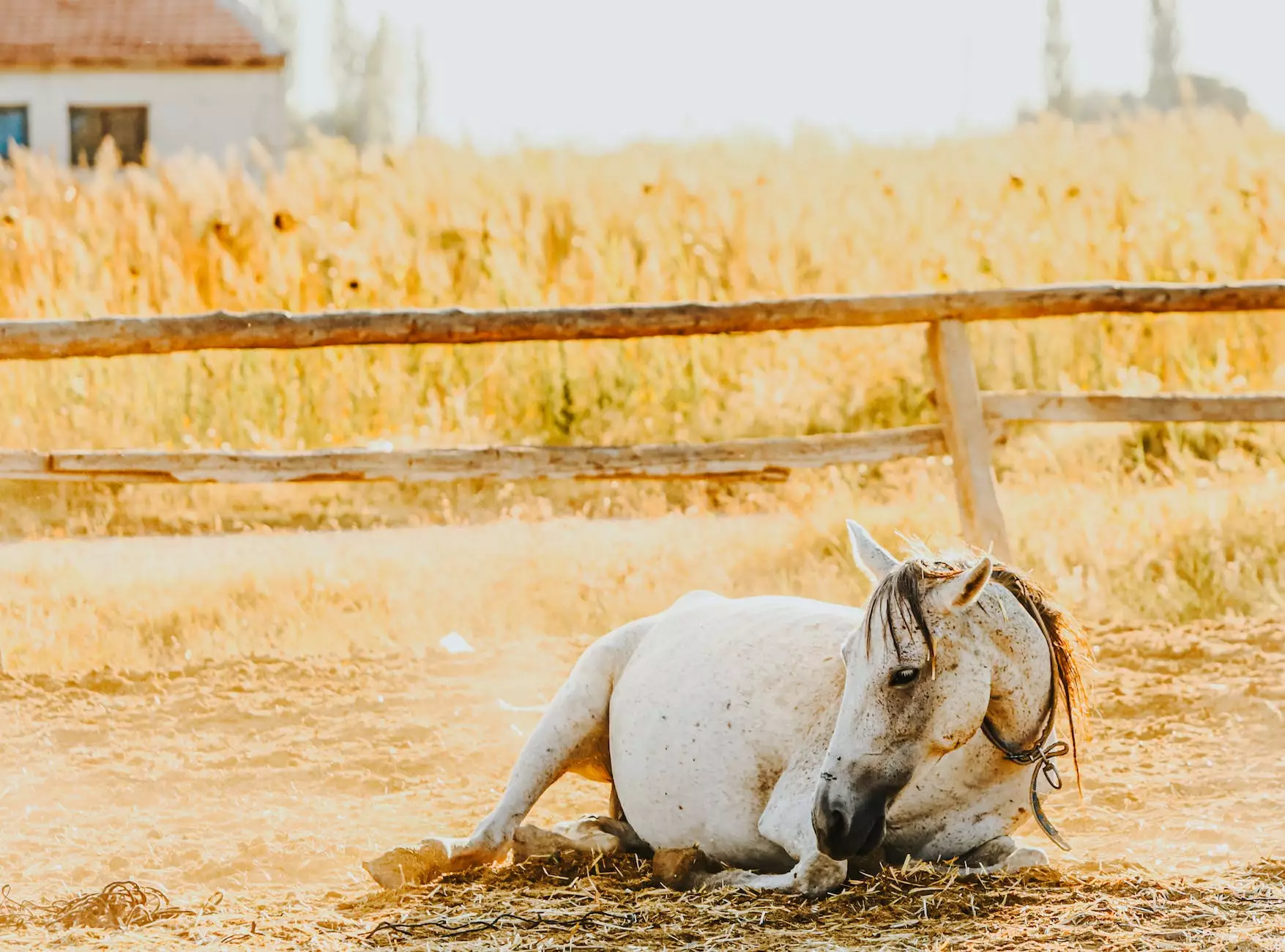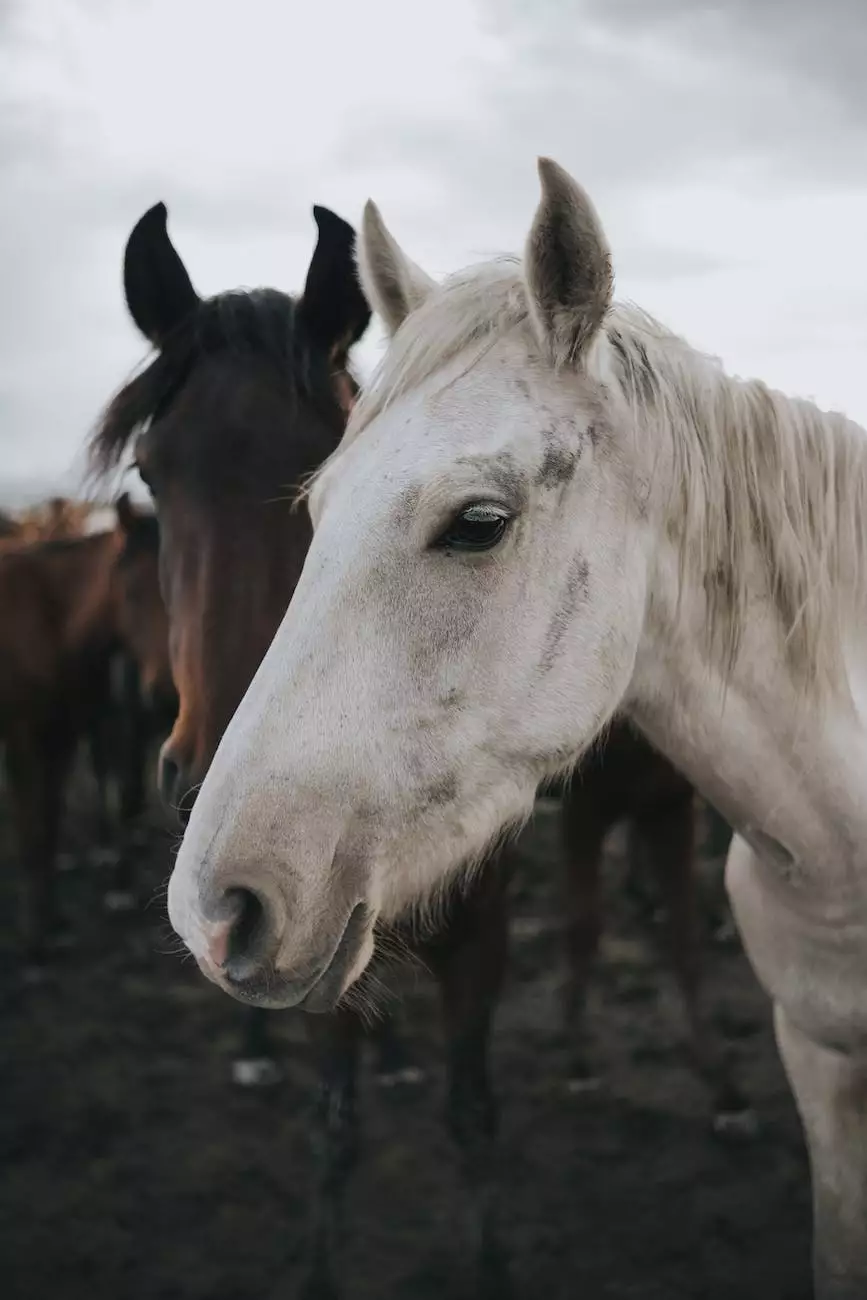Vomiting Versus Regurgitation
Resources
When it comes to our beloved horses, it is important to understand the difference between vomiting and regurgitation. While these terms may sound similar, they refer to distinct processes that indicate different underlying conditions. In this comprehensive guide, we will delve into the intricacies of vomiting and regurgitation in horses, providing you with valuable insights and a clear understanding of these health concerns.
Understanding Vomiting in Horses
Vomiting, also known as emesis, is the forceful expulsion of stomach contents through the mouth. Unlike in some other animals, horses have a physical barrier, called the lower esophageal sphincter, which prevents the backward flow of stomach contents into the esophagus. This barrier is particularly strong in horses, making true vomiting a rare occurrence in equines.
However, there are certain instances where horses may present symptoms similar to vomiting. These situations often involve severe gastrointestinal disturbances or underlying conditions such as colic, gastric ulcers, or ingestion of toxic substances. It is crucial to monitor your horse closely and seek veterinary assistance if you suspect your horse may be vomiting.
Diving Deeper into Regurgitation
Regurgitation, on the other hand, is the process of bringing undigested food or liquid from the esophagus or crop back into the mouth. This phenomenon can occur for various reasons, including esophageal dysfunction, obstructive diseases, or abnormalities in the upper gastrointestinal tract.
In horses, regurgitation can be associated with conditions such as esophageal obstruction caused by foreign bodies, strictures, tumors, or esophageal dysfunction due to muscular disorders or neurological problems. It is essential to differentiate regurgitation from vomiting, as their underlying causes and treatment approaches differ significantly.
Signs and Symptoms: Is It Vomiting or Regurgitation?
Recognizing the signs and symptoms of vomiting and regurgitation is crucial in order to provide appropriate care for your horse. While both may involve the expulsion of stomach contents, there are certain distinguishing features that can help differentiate between the two:
Vomiting:
- Forceful expulsion of stomach contents
- Involves retching and abdominal contractions
- May be accompanied by signs of distress or pain
- Rare occurrence in horses
Regurgitation:
- Bringing back undigested food or liquid from the esophagus or crop
- No retching or abdominal contractions
- Food or liquid appears relatively undigested
- More common in horses with esophageal dysfunction or obstruction
If your horse presents any of these symptoms, it is essential to consult with a veterinarian promptly. They will conduct a thorough examination and may recommend additional diagnostic tests to determine the underlying cause of the issue.
Treatment and Management
The treatment and management of vomiting and regurgitation in horses depend on identifying the primary cause and addressing it accordingly. As each case is unique and requires individualized care, it is essential to work closely with your veterinarian to develop an appropriate treatment plan.
Lasers4Horses, a leading name in equine healthcare, offers advanced laser therapy solutions that can be beneficial in managing certain conditions associated with regurgitation or vomiting. Laser therapy can promote tissue healing, reduce inflammation, and alleviate pain, contributing to the overall well-being of your horse.
Conclusion
By understanding the difference between vomiting and regurgitation in horses, you can be better equipped to identify potential issues and seek appropriate veterinary care. Remember to provide your horse with a healthy diet, proper hydration, regular exercise, and scheduled veterinary check-ups to maintain their well-being. If you have concerns regarding vomiting or regurgitation, don't hesitate to consult with the experts at Lasers4Horses for professional advice and assistance.









